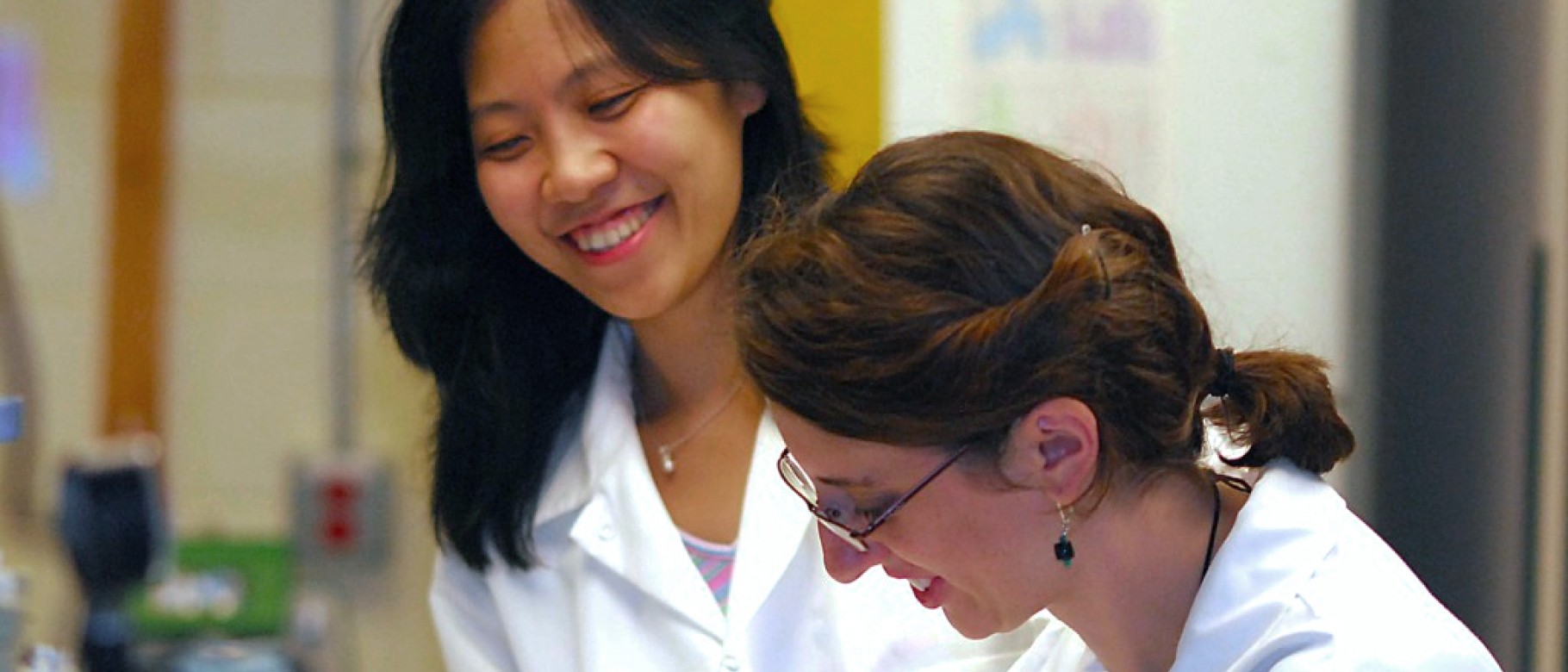UNE professor awarded $1.7 million to study treatment for HIV nerve complications

Ling Cao, M.D., Ph.D., a professor of biomedical sciences in the University of New England’s College of Osteopathic Medicine, has been awarded a $1.7 million grant from the National Institutes of Health (NIH) to research the development of a novel drug to alleviate nerve pain in more than half of HIV patients.
The funding will be distributed over a five-year span to support Cao’s research to understand HIV-associated neuropathy further. This nerve-damaging condition often manifests as hard-to-treat pain and affects about half of the people living with HIV.
“With the advancement of antiretroviral treatment, people with HIV live longer and are more likely to experience HIV-associated chronic complications, such as HIV sensory neuropathy,” Cao said, “This condition occurs as the peripheral nerves are dying off over time. As a result, the extremities, such as toes are likely to be affected first, followed by the limbs as it progresses. Clinically, it is hard to distinguish HIV sensory neuropathy from other similar peripheral neuropathies.
Currently, there is no U.S. Food and Drug Administration (FDA)-approved treatment for this condition, and existing treatments aiming to manage the symptoms are not always effective. Cao said the NIH-funded research enables her lab to make real contributions to eventual drug development. To do that, Cao will collaborate with Benjamin Harrison, Ph.D., assistant professor in the UNE Department of Biomedical Sciences, to study the neuropathy in animal models.
Cao has been studying HIV neuropathy since 2006, and this particular research phase has been underway since 2018. Over the years, many undergraduate and graduate students have been involved in her study and some of the previous results generated by students contributed to the grant application. The R01 federal grant money will allow Cao to continue recruiting and maintaining more student researchers to experience research and be part of discoveries.
“We always involve students in our research. It's a part of UNE's mission for research education for our students, and helps UNE to make contributions to Maine’s biomedical research future,” Cao said.
Cao hopes to be able to identify at least a couple of drug candidates by the time this research concludes and to be able to move to the next phase of drug development, and eventually clinical trials and FDA approval.
“We're talking many years and perhaps decades down the road,” Cao said. “But, that's definitely our dream.”
Watch the NEWS CENTER Maine Story